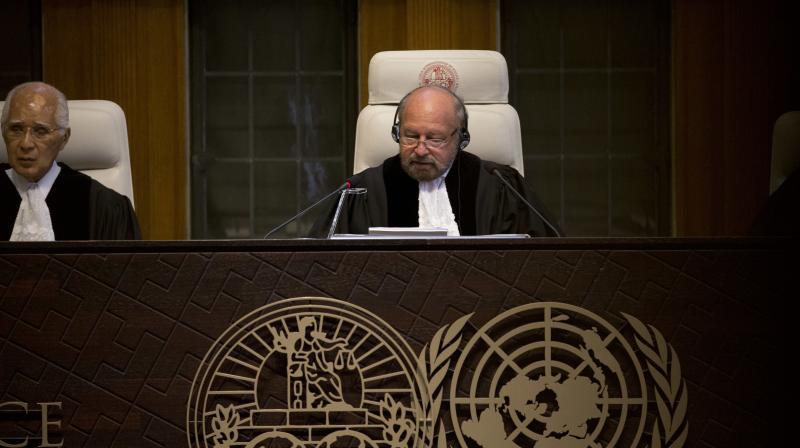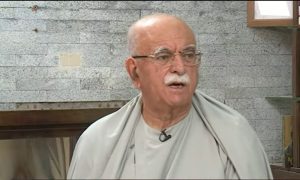The International Court of Justice on Thursday issued an order staying the execution of Kulbushan Jadhav by Pakistan, a causing shock and disappointment in Pakistan.
There are rumours and conspiracy theories about what made the verdict what it is. However, following are the clarifications of some of the common misconceptions about the case in general:
- Pakistan did not become the signatory of International Court’s declaration recognising its jurisdiction on March 29, 2017, but in the 1960s. Pakistan this year only changed its terms and requested for immunity in the matters of national security.
- India did not appoint any ad hoc judge in the International Court of Justice. Justice Dalveer Bhandari is a permanent judge at the court.
- However, Pakistan could appoint an ad-hoc judge. Just like Bhandari, Pakistan’s ad-hoc judge could have given a separate declaration as well. It’s unclear why Pakistan didn’t appoint any adhoc judge.
- India approached the ICJ on the principles that Pakistan had violated the Vienna Convention. It didn’t invoke ICJ’s mandatory jurisdiction over the issue. Pakistan did violate the Vienna Convention.
- Barrister Khawar Qureshi is not a junior lawyer but is a senior well-experienced practising lawyer in the UK. However, unlike Indian counsel, he didn’t charge Rs 1 fee for fighting the case.













